Since the collapse of British India and gaining independence in 1947, Pakistan has remained at the center of American geopolitical interests in South Asia and the Middle East for more than seven decades, regardless of the changing political landscape and the balance of power in the region over that time. The U.S. has high hopes for the two hundred and twenty million people of Pakistan as the main conduit of its influence and the mainstay of its projection of power in the region. To this end, Washington stimulates Islamabad with billions of dollars of military and economic aid.
In the sixties, the U.S. leadership assumed that Pakistan could have a restraining effect on neighboring India, which had adopted a policy of developing political, economic, military and technical ties with the Soviet Union and intensified its leading role in organizing the Non-Aligned Movement, which advocated non-participation of developing countries in politico-military alliances. In addition, the implementation of the U.S. strategic concept of creating a security perimeter along the borders of its main adversary, the USSR, required the search for reference points, which, according to geopolitical criteria, were Pakistan and Shah’s Iran. It was at that time that the Americans managed to get Pakistan’s approval to locate a secret air base and a U.S. intelligence center in Peshawar, from where Francis Powers took off in a U-2 spy plane that was shot down near Sverdlovsk in the Soviet Union on May 1, 1960. As a result of this provocation, a summit between the leaders of the USSR and the United States in Paris was disrupted.
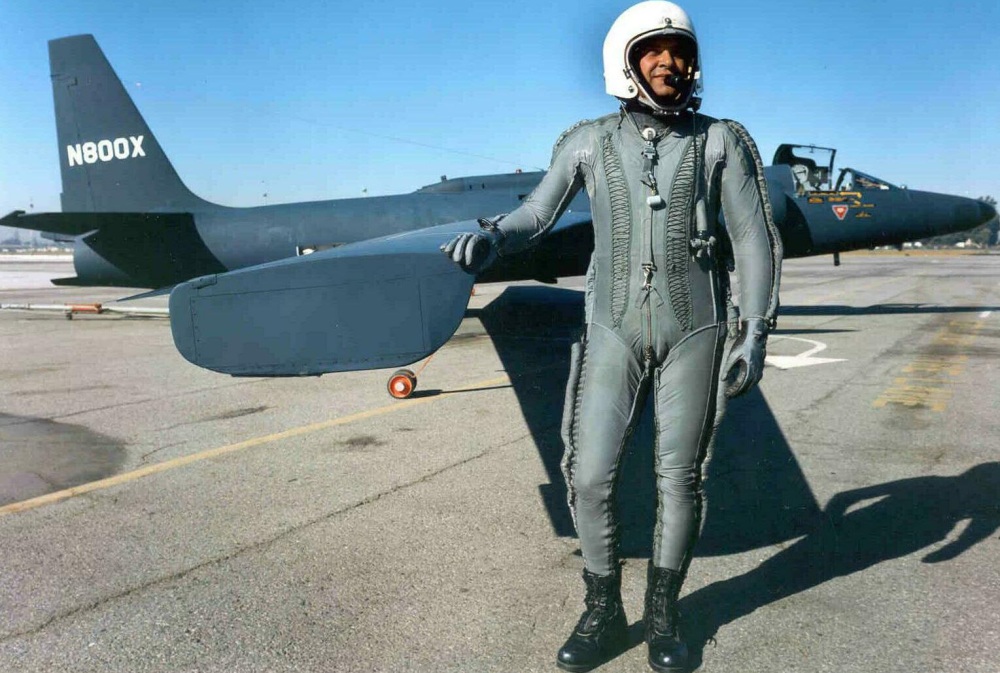
For its part, Islamabad has also shown interest in developing special ties with Washington, seeing in the U.S. the only ally capable of supporting and protecting Pakistan in the military confrontation with its main enemy, New Delhi. The two countries signed a defense and mutual assistance treaty, under which military and technical assistance was provided, and Pakistani officers received training at U.S. military academies and schools. President Nixon called Islamabad the most allied ally of the United States, and in 2004 Pakistan was given the status of a major non-NATO ally in Asia, which meant the opportunity to receive all kinds of military assistance, including weapons based on the latest technology.
At the same time, relations between the two allies have not always been ideal and were built on the basis of current foreign policy priorities and challenges that Washington and Islamabad had to face. According to former Prime Minister Imran Khan in a TV interview, the U.S.-Pakistan relationship resembles a master-servant relationship. But the White House has no illusions about the presence of democracy in Pakistan, where the military rules the roost. In the years of independence, there have been five coups d’etat in which the military was actively involved, and for much of that time, the commanding authority was in the hands of the generals. Interested in keeping a steady hand in the governance of a poor and religious country like Pakistan, the Americans sometimes turn a blind eye to such undemocratic excesses of the Pakistani regime, limiting themselves to words of support and the need for non-interference in internal affairs. President Roosevelt drew attention to this practice of American diplomacy when asked about the dictator of Nicaragua, he replied with humor that Samosa “was a son of a bitch, but he was our son of a bitch”.
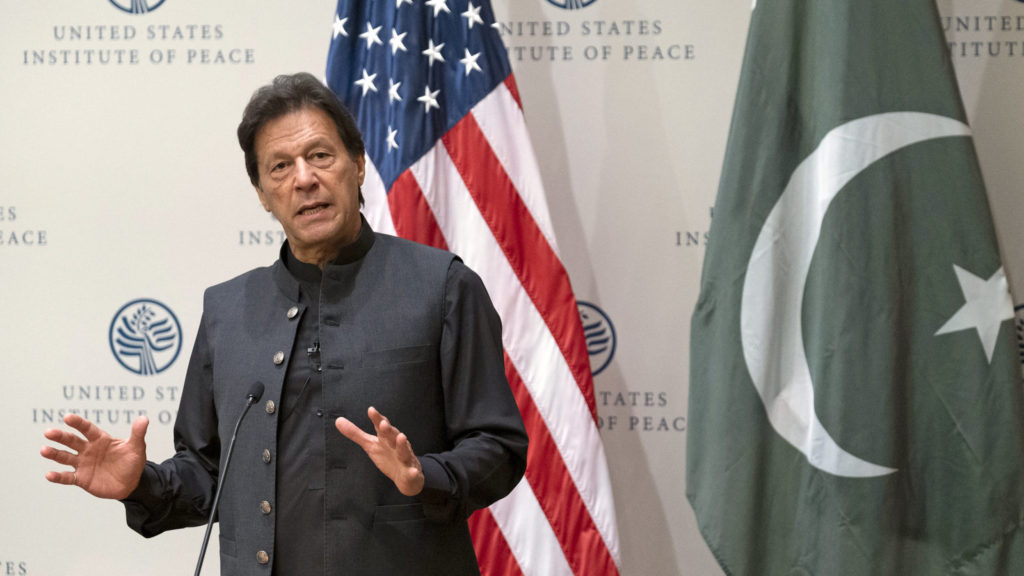
At the same time, the coming to power in 2018 of the civilian Prime Minister Imran Khan and his attempts to implement his foreign policy initiatives came into conflict with the military and strategic aspirations of Washington and created the ground for his removal from power. The Americans were particularly irritated by Khan’s refusal to refrain from supporting the Taliban in Afghanistan and his plans to establish strategic relations with Tehran. The Pakistani leader joined China’s “One Belt, One Road” initiative and signed a $62 billion economic cooperation agreement with Beijing; he refused to normalize relations with Israel. All of this led the White House to interfere in the internal affairs of the independent state and, with the support of the military clan and oligarchic circles, to perform a multi-pass plan to “peacefully” remove Khan as head of government in April this year.
On the foreign policy track of relations with Pakistan, the Americans have consistently pursued a “carrot and stick” policy, encouraging Islamabad to participate in their projects with measured financial injections into the economy, and on the contrary, reducing investments, if the Pakistanis implement their initiatives contrary to Washington’s advice. The current nature of relations between the two countries resembles a virtual “political swing”: the rapid rise in relations is followed by a sharp decline in the level of cooperation.
to be continued
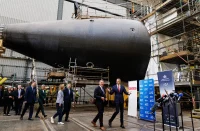
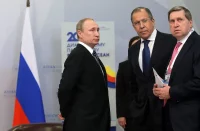
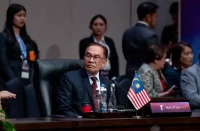











Wow, this blogger is seriously impressive!
I appreciate your creativity and the effort you put into every post. Keep up the great work!